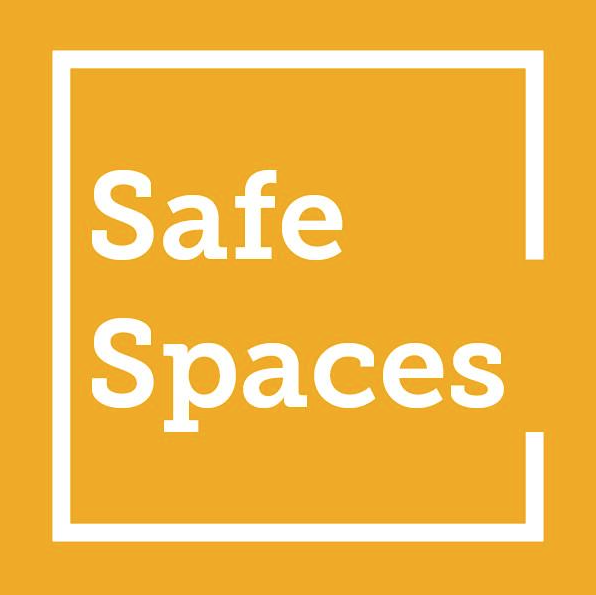Questioning the future of Kent State’s ‘safe spaces’

0911 Safe Spaces
September 10, 2016
The University of Chicago’s decision to no longer support trigger warnings and “safe places” has left Kent State students questioning the future of their university’s program.
The announcement first came in August through the form of a letter sent to University of Chicago’s class of 2020. The letter was written by the university’s dean of students, John “Jay” Ellison.
The second paragraph of the letter discussed the university’s mission statement regarding the freedom of expression.
“Once here you will discover that one of University of Chicago’s defining characteristics is our commitment to freedom of inquiry and expression,” the letter said.
The letter continued to explain that students “are encouraged to speak, write, listen, challenge and learn without fear of censorship.”
In order to continue to stand by those principles, the university did what others would deem “controversial.”
“You will find that we expect members of our community to be engaged in rigorous debate, discussion, and even disagreement. At time this may challenge you and even cause discomfort,” the letter said.
The statement then tells its students what they plan to do with the expression of speech on campus.
“Our commitment to academic freedom means that we do not support so-called ‘trigger warnings,’ we do not cancel invited speakers because their topics might prove controversial, and we do not condone the create of intellectual ‘safe spaces’ where individuals can retreat from ideas and perspectives at odds with their own,” the letter said.
While the University of Chicago will no longer support “safe spaces,” Kent State continues to host the forum.
Kent State’s website states that, “Safe Spaces provides a forum where a number of things can happen … it creates a space where difference, diversity of thought and ways of being are welcome so that students know that there are conversations, discussions, research and, action occurring at Kent State that include and value their particular historical and current life experiences.”
Students at Kent State spoke up on what they think would happen if the university proposed the same principle on the main campus, and the potential after effects it would have.
“I think it has an unknown impact on the students currently,” said Nick Peters, senator of the College of Communication and Information for Undergraduate Student Government.”If the university were to revoke its support, that would obviously cause tremendous upset within the community.”
One other student also believed it would have a negative outcome for the university.
“I believe students will be enraged,” said Isaiah Hunt, a sophomore English major, “but will eventually adapt to listening to these so-called ‘trigger words,’ realizing that ‘trigger words’ are only words and the strife will subside.”
Hunt also said that censoring “encourages sugar coating the reality of our world and shies people away from potential dialogue.”
Cinnamon Small, the outreach program officer of the Department for Pan-African studies, shared her own opinion on the subject, along with its importance on a university’s campus.
“Safe space, no matter how controversial I think it is, is very important,” Small said. “It educates us in many ways. We need to embrace the freedom of speech, no matter who said it or where it’s coming from.”
Small also discussed the importance of trigger warnings, which are defined as a “stated warning that the context of a text, video, etc., may upset or offend some people, especially those who have previously experienced a related trauma.”
“A good professor would point (trigger warnings) out,” Small said. “There would be topics that may be uncomfortable for some students. Students should be informed and decide on what to do. I believe professors owe them that much.”
For more information on Safe Spaces at Kent State, visit their website.
Brandon Bounds is a general assignment reporter for The Kent Stater, contact him at [email protected].











